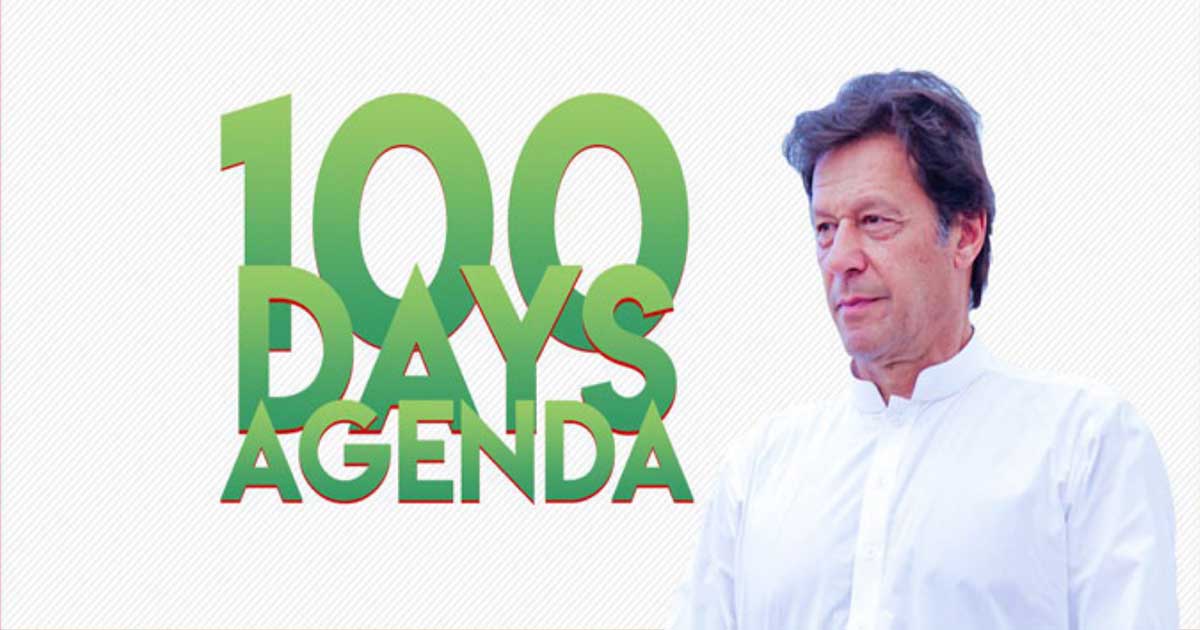As an economist, I believe that political parties should present an agenda to keep the people informed of their plans for the next 5 years. However, it should be acknowledged that only small steps can be taken in the first few months to kick start the process and over the longer period, they may accomplish what they have stated in their plan.
The huge external debt is one of the biggest challenges facing Pakistan. The current government has decided not to go to the IMF, leaving the task of negotiations for either the upcoming caretaker government or whoever comes into power after the General Election. The incoming government will have to negotiate new loans with stringent conditions attached.
The huge external debt is one of the biggest challenges facing Pakistan.
Some imminent questions will be asked on the current external debt and the ballooning circular debt crisis, which might drive the IMF to ask us to review the PSDP and most likely pressurize the government to reduce public sector expenditures.
PTI is anticipating to win the elections with strong numbers this time and they have come up with an agenda to woe their voters, however, any ambitious agenda or plan will require a sound fiscal policy to cover the increased expenditures when implemented.
Read more: Economic Gurus: The PTI Government just presented the mini-finance bill! Part…
Now, the question is, how will the government finance this? Our current tax structure is weak; we can neither collect our taxes nor finance any mega projects. The PTI agenda addresses the reforms which are crucial to significantly improving the tax net.
They need to start with the stated reforms such as with the FBR because producing a substantial number of jobs, as they have promised, will take time. In 5 years’ time, with the reforms in place and have developed the manufacturing sector, they may then be in a position to create up to five million jobs.
Realistically, if they set up a structure and steer the economy, it will have an impact in 10 or maybe 20 years’ time. While the provision of basic jobs is no doubt an urgent need, it will take them a long time to achieve this. To accomplish this agenda, Pakistan needs a huge amount of financial resources, generated either internally or externally.
The incoming government will have to negotiate new loans with stringent conditions attached.
Imran Khan is hoping that overseas Pakistanis will become his major source of funding, he is relying on the large inflow of remittances by improving business confidence and trust in the system. The new government needs to work on the collection of taxes.
Read more: Economic Gurus: Concerns and implications of Pakistan’s budget – Dr. Farrukh…
The low proportion of direct taxes in the total tax collection is a dilemma for the country. Pakistan’s agriculture industry does not pay any taxes, the rich and elite do not pay taxes, businessmen and traders don’t pay taxes. Many individuals who receive cash payments are paying indirect taxes but not paying direct taxes.
It’s up to the next government to offer them attractive incentives to come within the tax net. All countries with weak tax structures tend to go for indirect taxes. However, PTI did not mention anything related to expanding the tax net in its recent agenda, therefore, it would be wise to shed light on this in their detailed program. Everyone should be a tax filer and have a tax number.
In 5 years’ time, with the reforms in place and have developed the manufacturing sector, they may then be in a position to create up to five million jobs.
This is what happens in the developed world and we should ensure the practice in Pakistan. In addition, the government needs to have a policy on increasing exports and not by handing out subsidies.
We have to think about new industries to focus on, the IT sector being one such industry. In 100-days, one cannot increase exports. However, if they repeat the actions of previous governments and extend cash payments and subsidize industries, the result will only be temporary relief.
To break the subsidy cycle, new value-added sectors need to be emphasized and encouraged to develop. PTI’s 100 Day Agenda is a bold initiative, however, Imran Khan will have to come with tangible finances to implement it and this remains a critical question.
Dr. Aadil Nakhoda is an assistant professor at IBA (Karachi). He holds a Ph.D. in International Trade from the University of California, Santa Cruz. He specializes in topics on international trade and development economics. Apart from his publications in journals, he writes in national newspapers.


